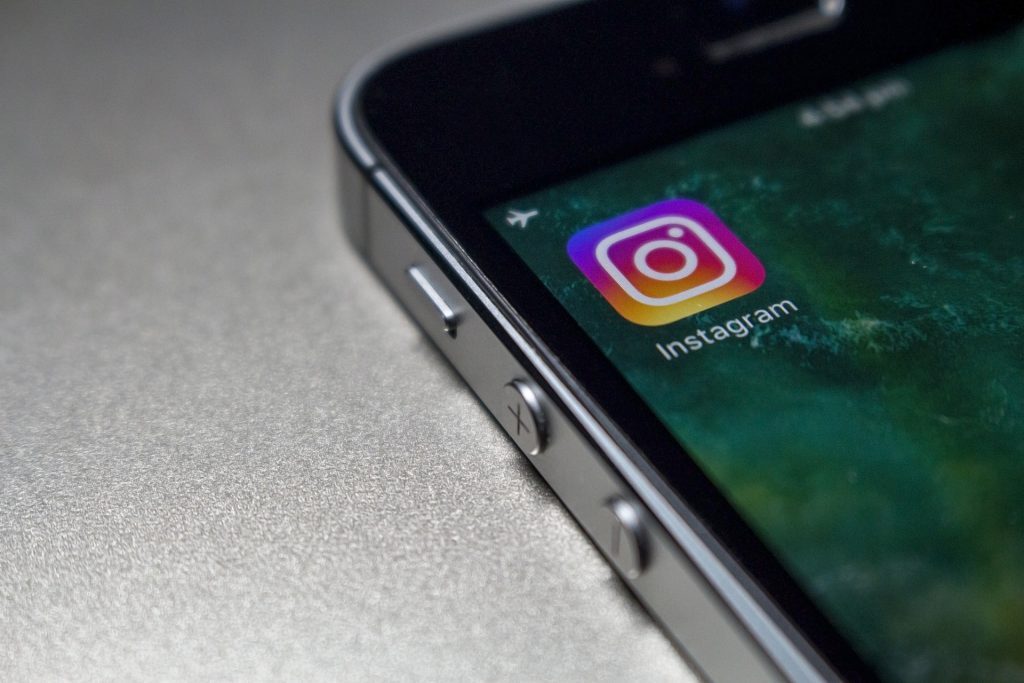When it first burst onto the app scene in 2010, Instagram was a revelation. This little picture-sharing app let iPhone users not only share their pictures but add clever filters at the touch of a button. Suddenly everyone could be Obie Oberholzer, the extraordinary South African photographer whose richly coloured images are artistic genius.
Earlier this month the co-founders Kevin Systrom and Mike Krieger left in a huff, the exact details of which we don’t really know but the broad strokes are: Kevin and Mike started their ridiculous adventure in 2010, growing their user base at a fantastic rate.
Then, in 2012, Mark (Zuckerberg) arrived with a US$1bn payday and catapulted them into truly ridiculous stratospheric proportions.
Now, with over a billion users, Instagram has outperformed all of Facebook’s expectations – and inadvertently created a catch-all net for the hordes of youngsters quitting Facebook itself. Instagram is Facebook’s fastest-growing source of revenue and its silver bullet. But the youth of the world are abandoning Facebook, presently the biggest existential threat to the 2.2bn user network – itself the greatest communication network the world has ever seen.
In the last month the founders of both Instagram and WhatsApp have left. The apps themselves are going through a crisis of confidence right now, and radical changes are afoot for these billion-user networks. If the founders are to be believed, these changes will be both significant and will define a new era for the apps and their users. If the founders are to be believed, by their actions, these changes will be drastic and potentially self-destructive. Will they? Time will tell.
The public statements say everything. Systrom and Krieger said they “taking some time off to explore our curiosity and creativity again”. Zuckerberg said they were “extraordinary product leaders and Instagram reflects their combined creative talents”.
There’s much Kremlinology going on right now, trying to read these signs and interpret them. Let’s cut to the chase and apply a little common sense: Facebook wants to make more money from Instagram and catch all those pesky kids who don’t want to play ball on Facebook itself. Enter more aggressive monetisation, or, simply put, more advertising. We don’t know what that is going to look like but it’s certainly looking so bad that the co-founders can’t live with it and they have left.
To call the founders of an app that has over a billion users “product leaders” is being interpreted as the ultimate put down in Palo Alto.
The glory days of Instagram, as we currently know it, may well be over.
Meanwhile, advertising is coming to WhatsApp, if the rumours are to be believed. There’s a fairly strong likelihood that is going to happen, as its parent Facebook looks to monetise the 1,5bn user messaging app that sends 60 billion messages every day. More of that in another column.
Facebook is recovering from a shocking data breach that saw 50m user details hacked. It’s the latest scandal to follow the Cambridge Analytica saga. What Facebook doesn’t need is its crown jewel – Instagram – to be going through a crisis while the mothership tries to put its problems to bed. But it is. And it isn’t going to be pretty, no matter how many filters you apply.
This column first appeared in Financial Mail
